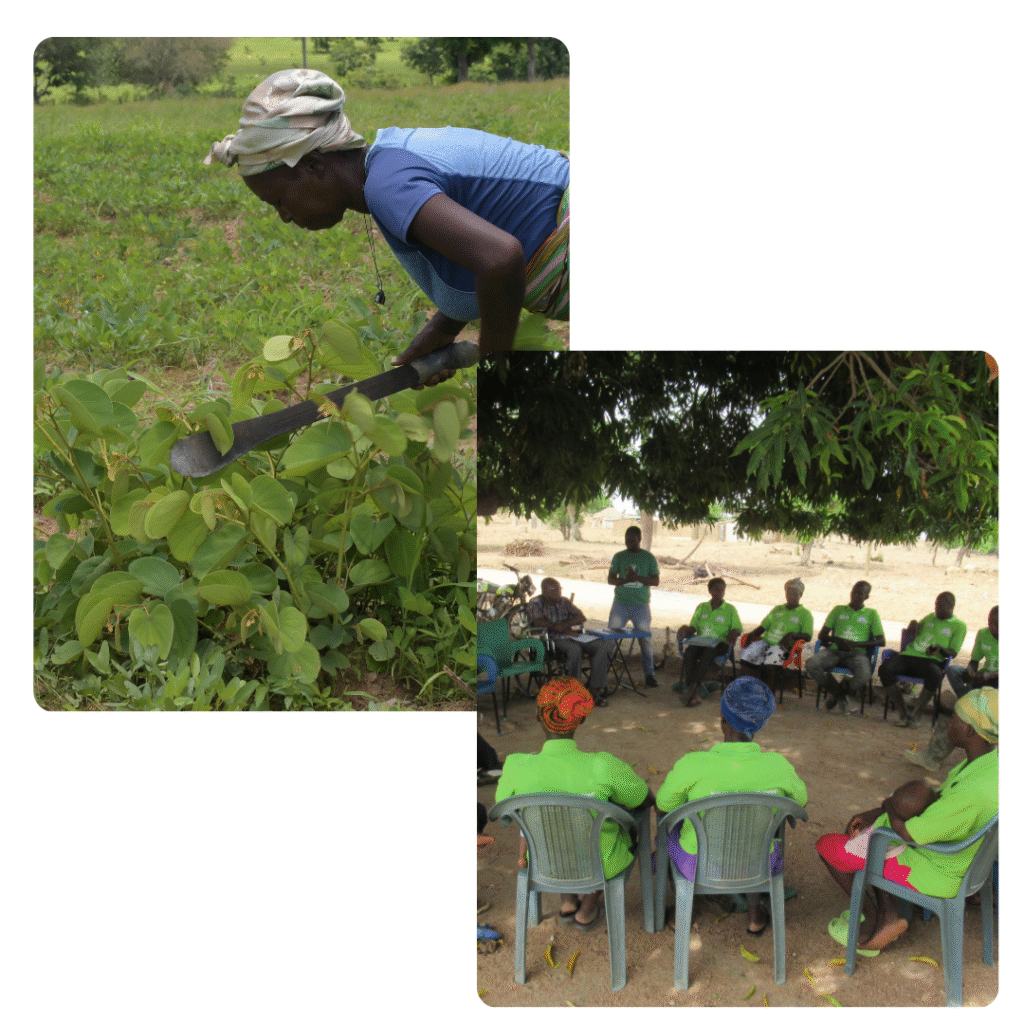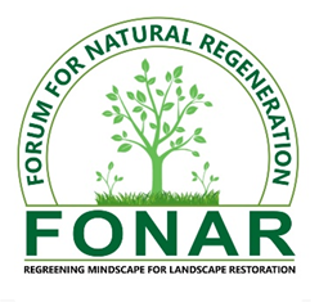Our Programs
Our Progammes
FONAR’s regreening minds for agricultural landscapes restoration using the FMNR approach is hinged on our five interconnected programmes. Our programmes are aimed at institutionalising and scaling up FMNR as a low-cost, farmer-friendly practice for improved livelihoods, food security and community resilience in northern Ghana.

FMNR for Community Resilience Programme (FMNR4CRP)
Our Community Resilience Programme (CRP) uses Farmer Managed Natural Regeneration (FMNR) and other climate smart agricultural practices to help communities adapt to environmental threats like drought and land degradation. We use the novel farmer and community-led restoration approach to empower local people to improve their livelihoods, food security and ecosystem health. Thus building community resilience to withstand and recover from environmental shocks through improved soil fertility, crop yields, water sources, and access to timber and fodder.
Training and Technical Advisory Services Programme
FONAR is proficient in building the capacity of farmers, educators and organizations on FMNR and related practices using a multi-stakeholder approach that includes participatory meetings, hands-on training for farmer champions and extension agents and community-based demonstration learning sites. We design and facilitate face-to-face training workshops, farmer field schools, field demonstrations and provide on-demand tailored technical advisory services.
School Kids FMNR Eco-club Programme
Our School Kids FMNR Eco-club programme empowers and inspires children and young people to become FMNR advocates and agents of change for environmental restoration in their communities. The programme provides a critical experiential bridge between education, community engagement and action learning. Through hands-on nature-based learning, eco-club members explore the pros and cons of FMNR as a sustainable land restoration solution that promotes biodiversity conservation, livelihoods security and climate change resilience.
We groom promising Eco-club members to become FMNR Ambassadors, with opportunities to support FONAR outreach events, mentor younger peers and contribute to community restoration actions. Since August 2021, we have worked in 25 basic schools in the Talensi District of Northern Ghana, directly involving more than 800 children in tree growing and nature-based environmental education activities.
Advocacy and Policy Influencing Programme
Farmer Managed Natural Regeneration (FMNR) offers substantial benefits to people and nature like increased crop yields, improved soil and water conservation, diversified income sources and enhanced resilience to climate change. However, FMNR faces challenges such as limited awareness, unclear land tenure issues, delay benefits, low recognition by sector organizations and lack of supportive local and national policies. Our FMNR advocacy and policy influencing approach involves increasing knowledge sharing, building collaborative relationships, and clearly demonstrating the benefits and synergy of FMNR with other land restoration practices. FONAR mobilises and empowers communities to advocate for institutional, policy and/or legislative change that will enable and support the scale-up of FMNR. We also work with like-minded partners to engage local and national governments to support FMNR scaling up.
